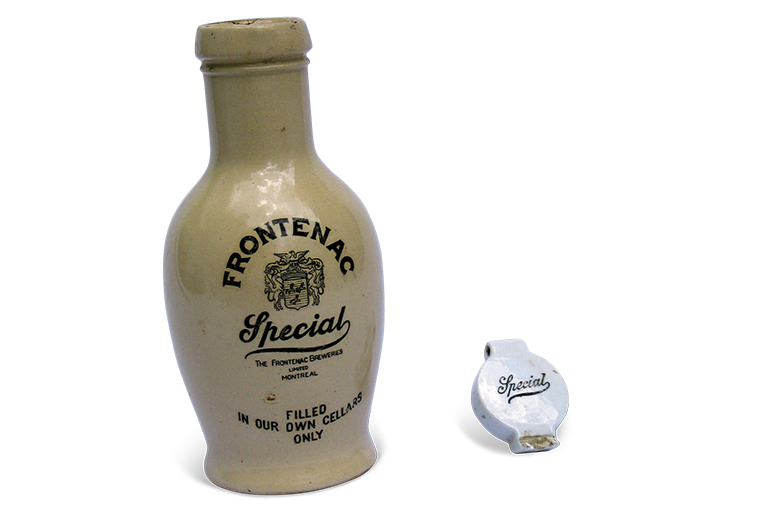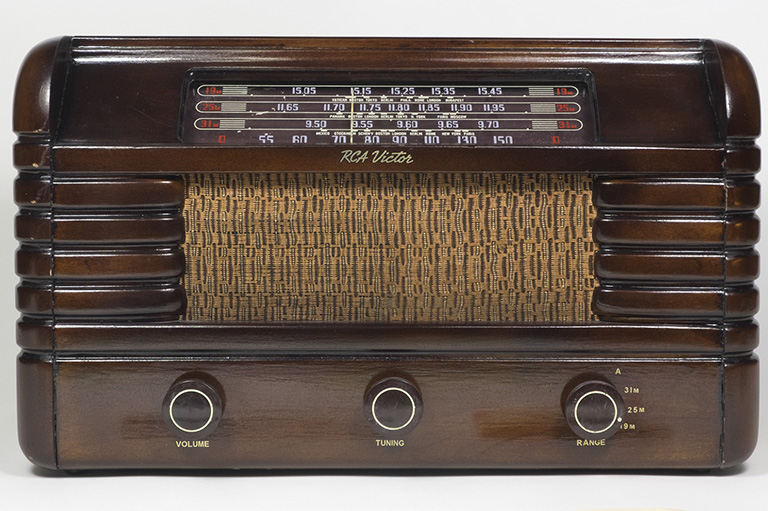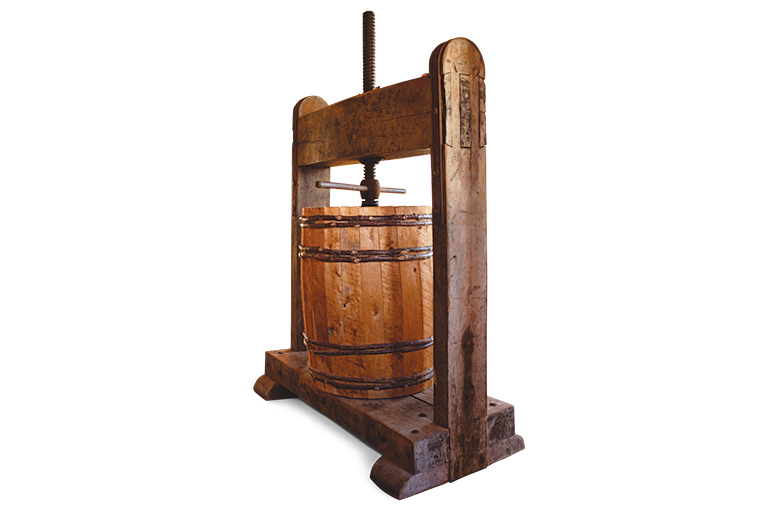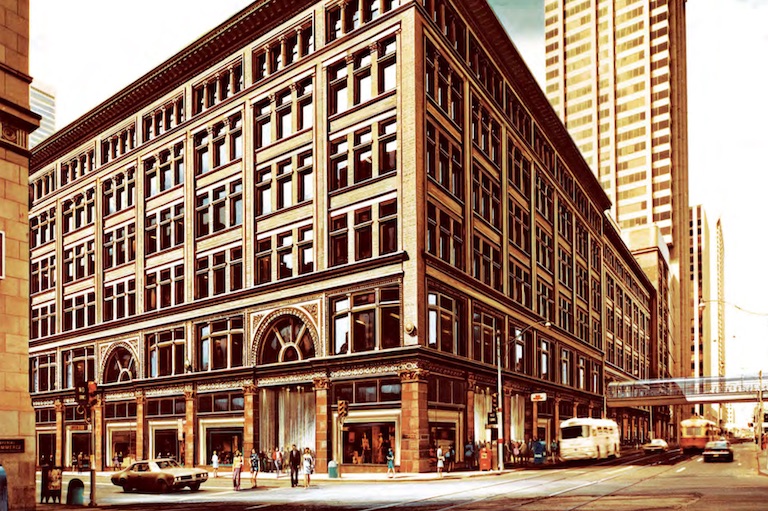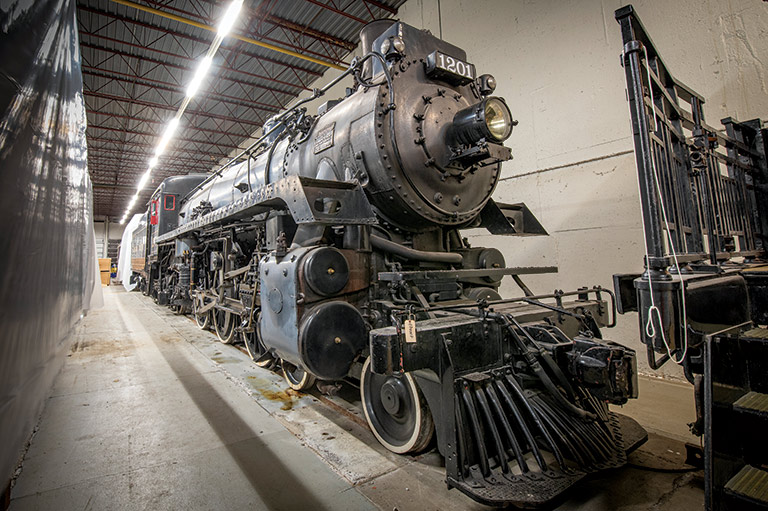Factory Whistle
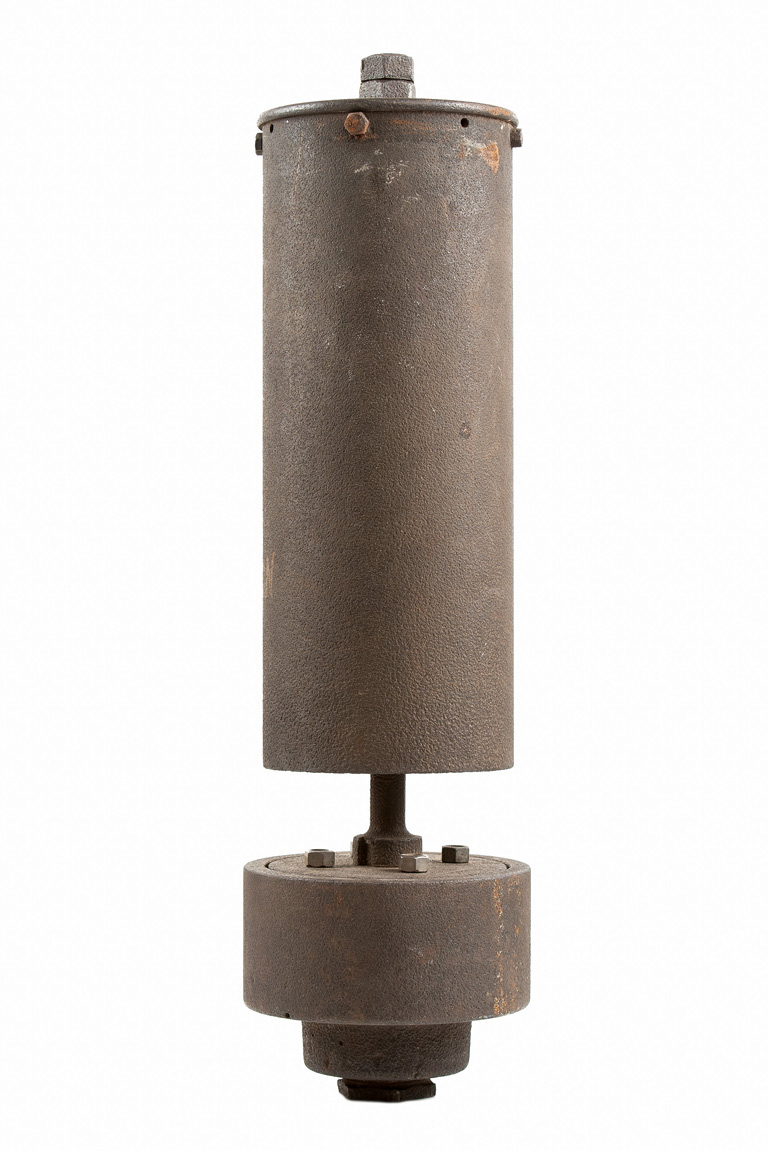
Quebec industrialized in the nineteenth century as abundant natural resources, accessible markets, technological innovations, and an advantageous tariff barrier convinced wealthy industrialists — often English-Canadians or Americans — to build factories in the province. Textiles, pulp and paper, iron and steel, tobacco, clothing, and wood products were just a few of the industries located in Quebec. This factory whistle, which summoned workers to the Montreal Cotton factory in Salaberry-de-Valleyfield, Quebec, was one of hundred that rang out every day across Quebec.
Industrialists found a source of abundant and cheap labor in French Canadian men, women, and children. Factory managers and skilled tradesmen were generally of British origin and often had previous work experience in similar factories in the old country. Many unskilled workers were also of English, Scottish, or Irish origin.
Working conditions in factories at the turn of the twentieth century were harsh: shifts of twelve hours or longer, six-day work weeks, dangerous machinery, no breaks, constant heat and humidity, and low wages. These factors led to the rise of the labour movement — and the sometimes violent responses of employers.
With 7 uniquely curated newsletters to choose from, we have something for everyone.
Themes associated with this article
Advertisement
Aussi dans 50 merveilles de nos musées

This special issue of Histoire Canada highlights beautiful treasures from Franco-Canadian communities across Canada. Available in French only.

